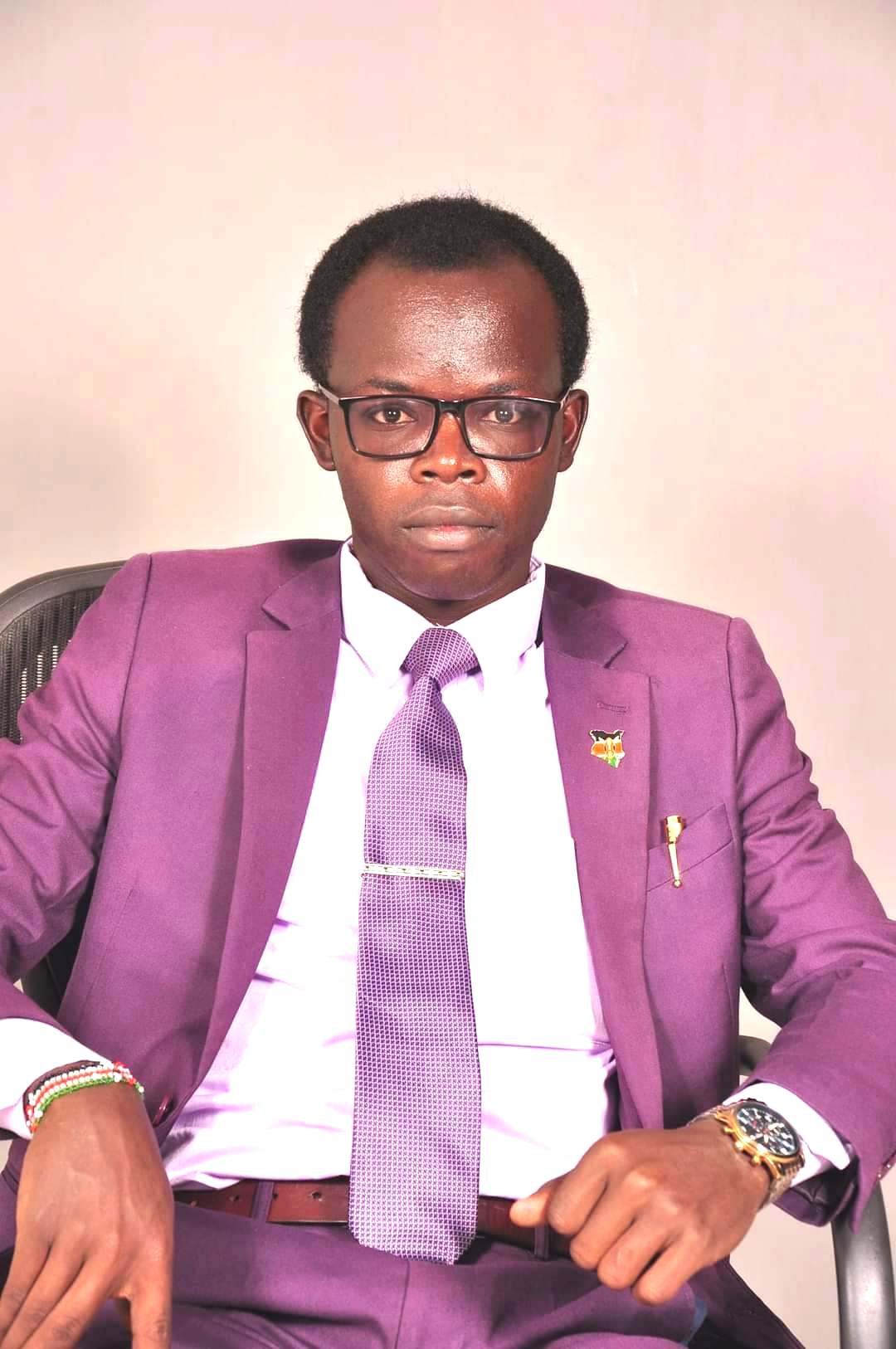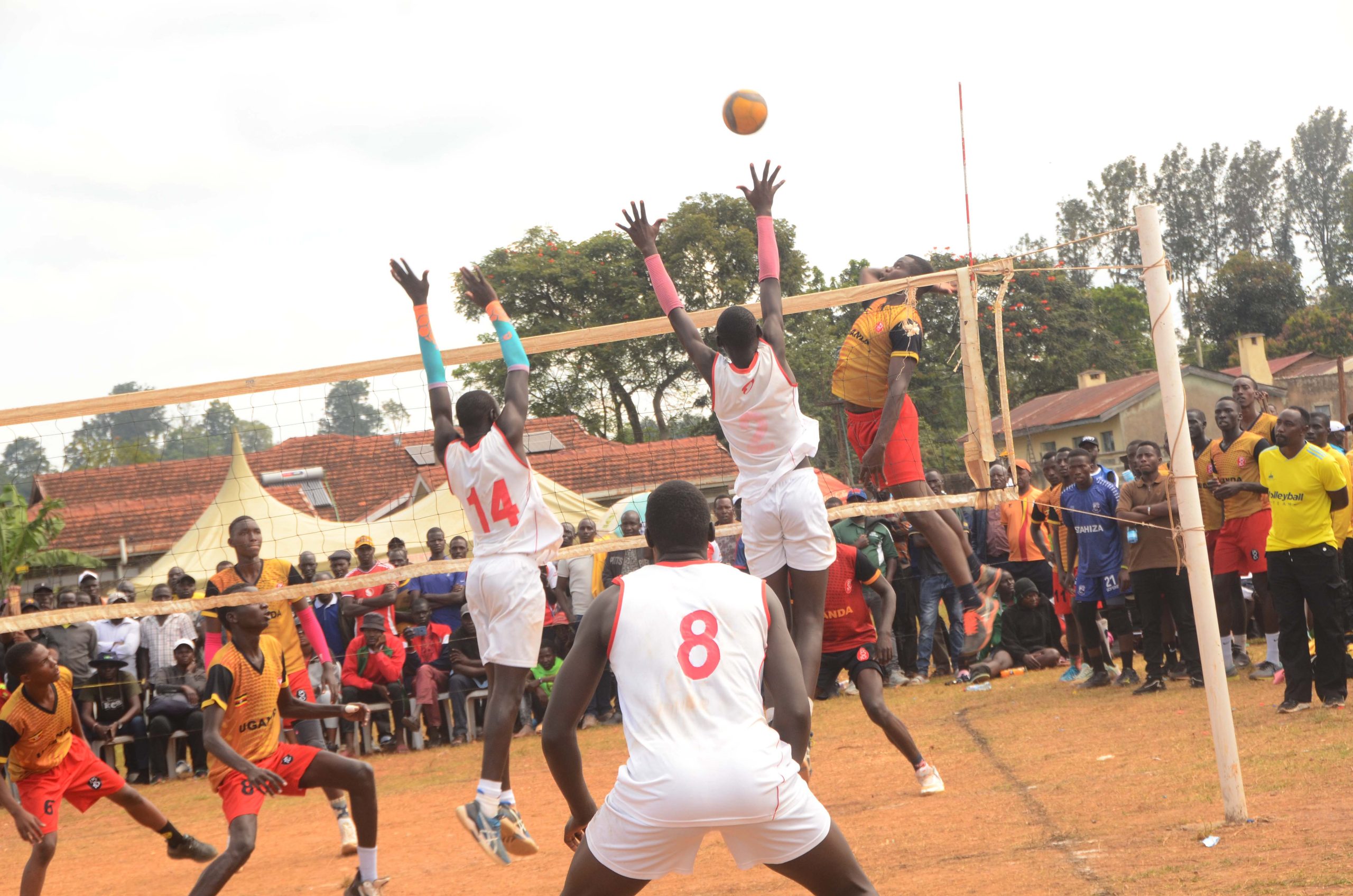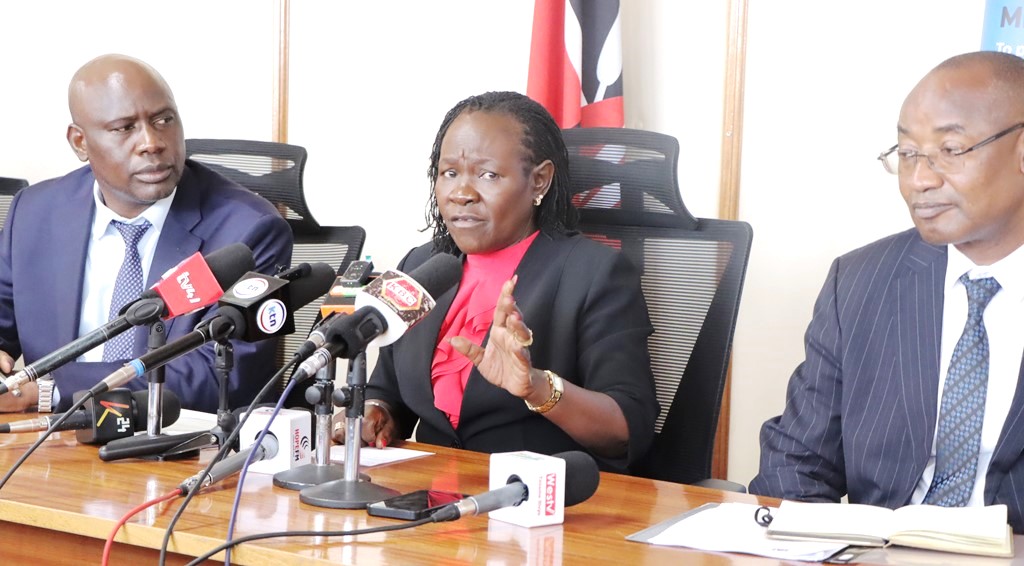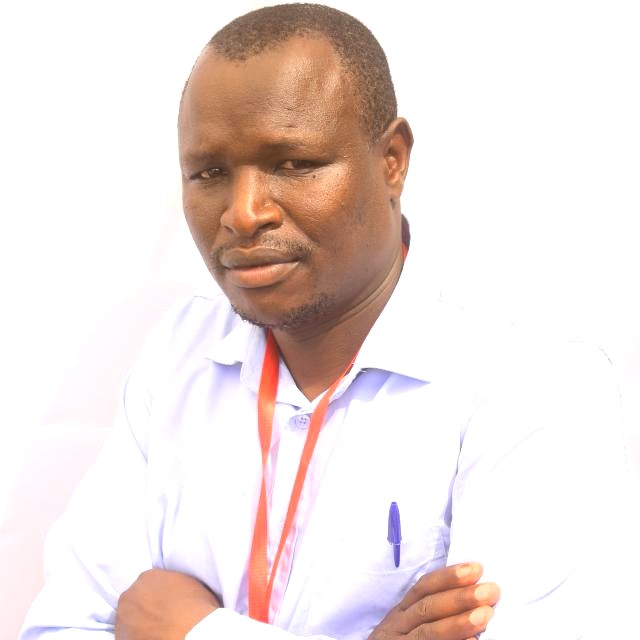In the recent past, alumnae of Kaaga Girls’ High in Meru County set a precedent by what they did to their former Principal – Ms Gladys Gacheri Gichoga. The retired administrator, who is now a septuagenarian received veritable honour for moulding more than 20,000 girls for around 27 years in school headship. While honouring her, the old girls remembered her transformative leadership style, good governance, selfless service and strict streak.
Ideally, one thing that arrested my attention to that engrossing story was the fact that the grateful alumnae announced the launch of a mentorship programme targeting learners in that great girls’ school with rich history. As an educational consultant, I take note of the pivotal role played by old students in development of our schools.
In actual sense, it all begins with serious mobilisation, which I see as a give-and-take thing. The school can organise a ‘meet-and-meat’ or tea party. Then, invite a speaker to sensitise the old students on their crucial role. After proper mobilisation, they should steer clear on practical programmes and projects.
Maybe, I can digress a bit. As a penman with a predilection for good grammar and its glamour, you will permit me to teach readers some commonly misused words in this context. Firstly, a former female student is an ‘alumna’.
The plural form is ‘alumnae’. Secondly, a former male student is an ‘alumnus’. The plural form is ‘alumni’. It is also instructive to note. ‘Alumni’ can be the plural form of both ‘alumna’ ‘alumnus’. Thirdly, your former school is the ‘alma mater’. It is also important to check on how those important words are puffed.
Back to basics, old students can be sure sources of hope and help to their former schools only when they stand to understand the concept of giving back. There comes a time, in the arc of life, when we should remember the great institutions that moulded and mentored us. For such places are like stones where our hewing took place. In this regard, we remember the wise words of pantheon of sages: things we learn in cradle lasts to the tomb.
In a larger sense, we should spare some time as individuals or through re-unions of old students, and give back by sharing money or giving in kind. Magnanimity means a lot. Such generous gestures work wonders. We can deploy our God-given abilities to build our former schools.
For instance, in my case, as a consultant, the best way I give back to my great alma mater – Nyamninia Secondary School in the Gem-Yala, is making sporadic visits to offer pro bono talks. Now, I am working closely with the school arrowheads to see on how we can mid-wife the school Strategic Plan (2024-2028).
Meaning, we should give back to our schools because it is the best way to tap bountiful benefits as we attract favour factor from the One Above. Through giving back, we depict cardinal values of empathy, philanthropy and altruism. We support our schools because they are our sure sources of pride. They give us a sense of ownership and belonging.
Conversely, I am acutely aware: Most schools find it hard to bring old students on board because they lack some practical mobilisation strategies. Yet, in these times and climes, old students can form WhatsApp groups based on the years they sat for KCSE. For instance, Nyamninia Class of 2009. Meaning, in case school arrowheads yearn to mobilise them, they reach out to leaders of every year. They can even reach to those who are far and wide through online sites such as Google Meet and Zoom Webinars.
In addition, before Form Fours leave the school to prepare for matriculation into tertiary institutions, the administration should ensure that there is a proper plug-out programme. In most cases, we are keen to plug-in Form Ones, but forget to release Form Fours in style. Yet, the way they leave the school, determine how they will think and talk about it once they walk out of the gate. It is important to throw a small party.
READ ALSO:
The staff should share a yummy meal with them. Prepare them for thrills and hills ahead. Both staff and students should ask for forgiveness for where they might have hurt each other. For in case they leave the school while harbouring bitterness, hatred, regret and grudges, somewhat, it may have a boomerang effect on the school.
Therefore, the emotive point of parting ways should be rife with life and complete with celebration. It should never be the time of wearing long lugubrious faces like donkeys. For if this happens, whenever they remember the old home, they will always vow to break bonds or vandalise bridges.
Moreover, before they leave to cope with life out of school, it is important to pick all their contacts. The school should plan to update them on major events such as AGMs. They should elect their leaders. Those who have phones at home can start a WhatsApp group.
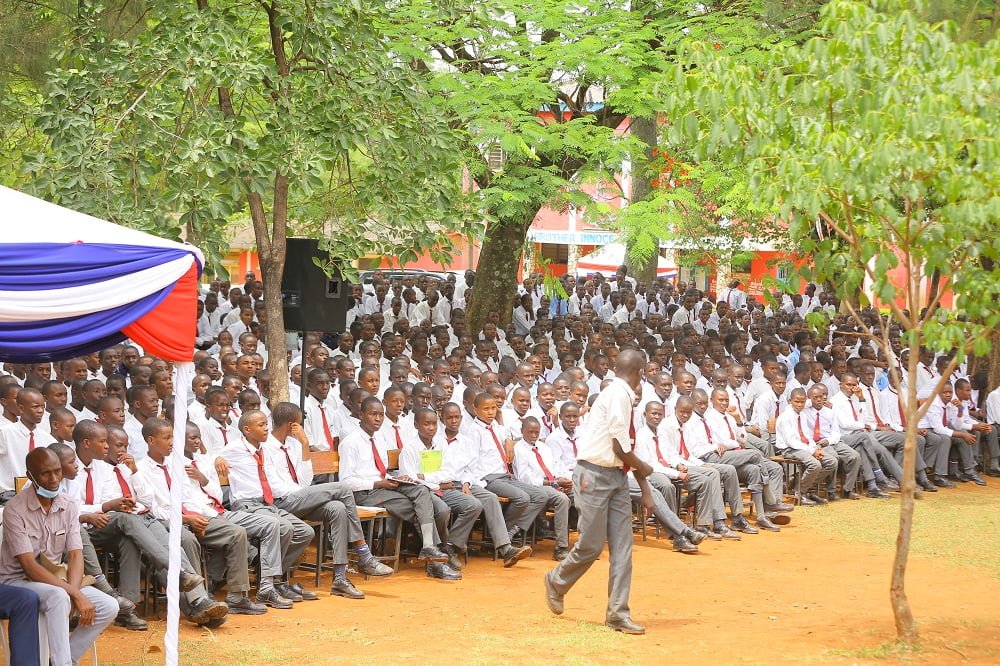
In the whole scheme of things, programmes and projects form the central plank. Mentorship, sponsorship and scholarship, are part of the programmes old students can venture into with real zeal. Some of these things are not new. We have schools with old students who are supporting programmes such as talks and training of students.
Old students also support capacity building and bonding programmes for staff. Some are generous enough to sponsor Orphaned and Vulnerable Children (OVCs). Old students with rich networks organise scholarships for students both locally and internationally.
Lastly, when schools are formulating, writing and reviewing their 5-year strategic plans, they should strive to involve old students. This can in turn open their eyes to start and implement important projects. After need-based-assessment, old students can build a dormitory, multi-purpose hall, ultra-modern library, state-of-the-art gate, or buy a bus for the school. Likewise, they can organise and mobilise others to embark on serious book donation programme as a way of cultivating rich reading culture in the school.
By Victor Ochieng’
The writer rolls out talks and training services.
vochieng.90@gmail.com. 0704420232
Get more stories from our website: Education News
To write to us or offer feedback, you can reach us at: editor@educationnews.co.ke
You can also follow our social media pages on Twitter: Education News KE and Facebook: Education News Newspaper for timely updates.
>>> Click here to stay up-to-date with trending regional stories


